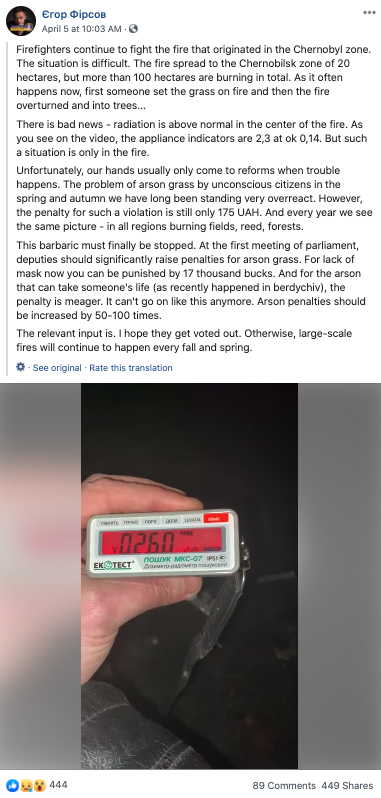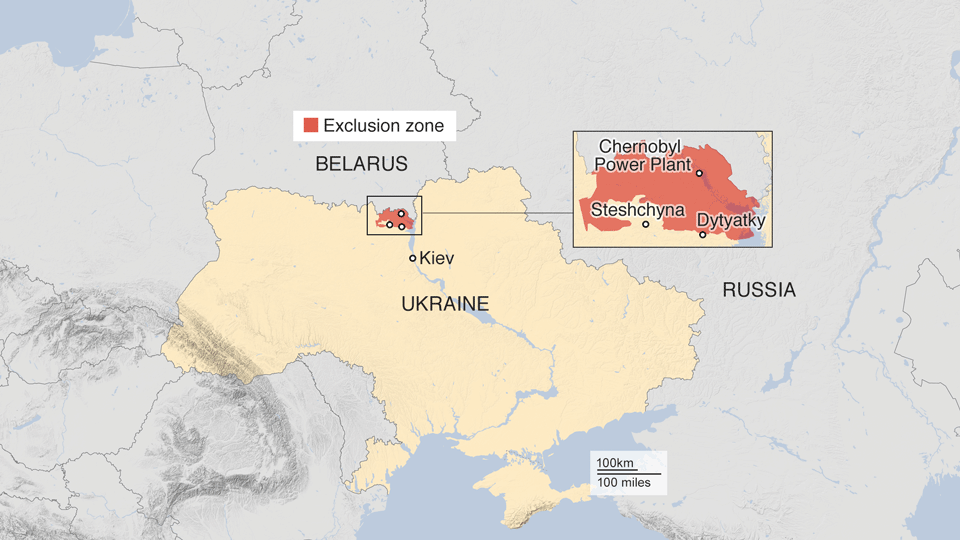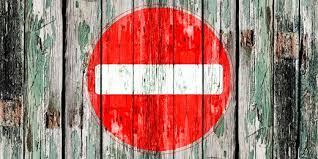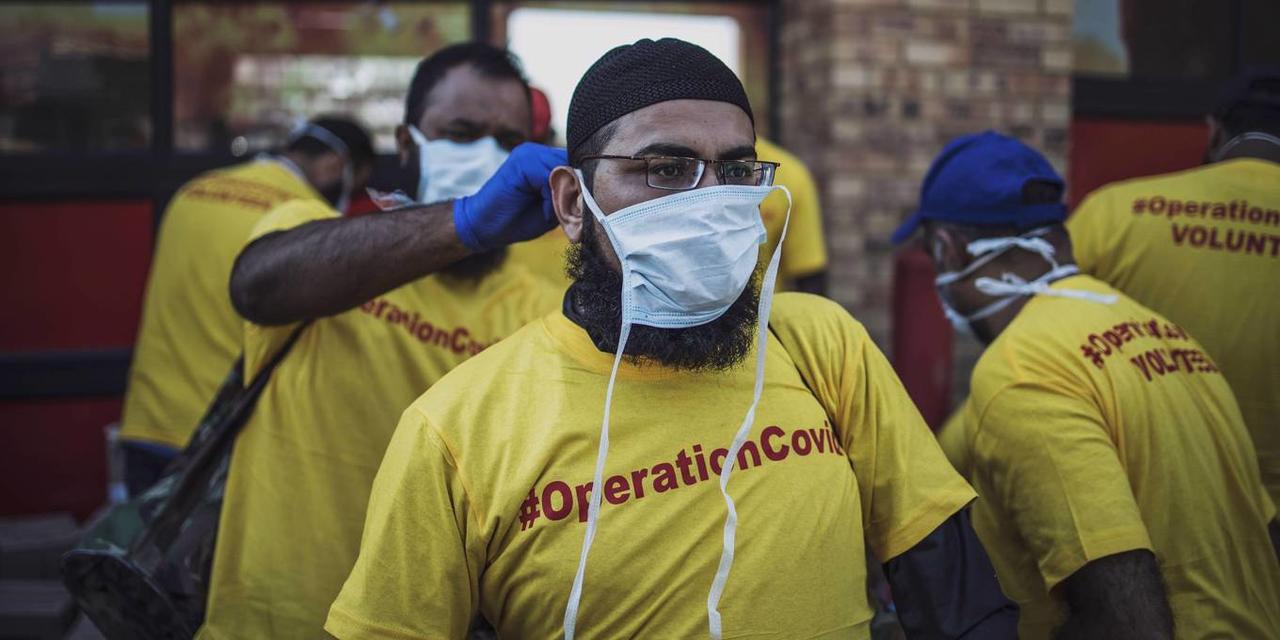“Social Distancing” Just Made Accessing Your Cash A Lot Harder
Keeping your distance from a discernible or imperceptible threat to your wellbeing is not a difficult concept to understand. If you approach a dog and the owner warns you that the dog bites, a natural instinct for some would be to retreat and walk on. Some, but not all. A proportion of people, perhaps consisting of those who are experienced with temperamental animals, might choose to ignore the warning and gently try and coax the dog into trusting their intentions. Here, the dog is a discernible threat. He may cause you harm, but there is no guarantee. How many in those circumstances would take the risk?
Whilst the dog is visible to the eye, the spread of the global coronavirus pandemic known as Covid-19 is undetectable. In response to this, the UK has for the past couple of weeks been practising ‘social distancing‘. Again, as with the scenario painted above, the concept is simple enough. He or she is asked to maintain a two metre gap from the rest of the general public when buying food at the supermarket, using essential services like a pharmacy or when out exercising.
In supermarkets up and down the country aisles are now marked with strips of hazard tape set two metres apart, with customers asked to keep away from each other. There are limits to the amount of people allowed into a supermarket at any one time. Those queuing outside are requested to stand the required distance apart and to shop alone.
As a concept, we are told that ‘social distancing‘ is designed purely to try and protect people from contracting Covid-19. This sounds reasonable, but there are inherent flaws. For instance, public transport is unable to practice the policy, and given that the average man or woman is not inclined to travel with a measuring stick, maintaining a two metre distance from fellow passengers on a bus or train can only be managed through judgement rather than mathematics.
In England at present, ‘social distancing‘ is not a requirement by law. It is guidance. If it were to be policed officiously and without constraint, then not only would public transport be forced to limit the amount of passengers, retail outlets that remain open, such as supermarkets, would have to start cutting back on staff and ‘furloughing‘ those affected. Right now there does not appear the appetite to extend measures this far.
But there is now a precedent for tightening ‘social distancing‘ rules. This week the Welsh government took the step of introducing a specific law that now compels businesses to adhere to the two metre distancing. Failure to do so could result in fixed penalty notices and a criminal conviction. But even here there are anomalies. As far as I can tell, the law does not include the use of public transport. And First Minister Mark Drakeford has said that the law does not equate to ‘an absolute ban on people not being able to be within two metres of one another‘. Instead, firms are expected to take ‘all reasonable measures‘ to enforce the distance. Short of having social distancing wardens stationed at every establishment that remains open to the public, the prospect of enforcing the law widely is slim to none.
‘Social distancing‘ gives the impression of trying to deal with a problem. Businesses and individuals do their best to adhere, but it is inevitable that the public and employees will still come into close contact with one another.
For me, where these new found distancing measures become far more concerning is in the ability to still be able to access your money. For many years in the UK there have been limitations on the amount of cash you can withdraw from your account in a single day. I fear this is now beginning to extend to restrictions on accessing your cash at all.
Let me use my immediate environment in the North West England as an example. In Liverpool, supermarkets and bank branches have started enforcing social distancing at ATM machines, meaning that if they are not fixed at least two metres apart one or more of them will be shut down. This is only happening sporadically at present. It is not a coordinated response. As yet, only TSB bank is enforcing any rules at all for ATM’s in my area.
A corner shop down the road from me has closed because of Covid-19, with the ATM outside no longer operational. Local bank branches consisting of Natwest and Santander have closed altogether, and have advised customers to visit larger branches in the city centre (on the proviso that it is absolutely essential). The trouble is, that would require travelling several miles into a densely populated city when the government is telling people to stay at home. With the recent passing of the Coronavirus Bill, police now have the authority to fine you if they deem any journey you are on to be unessential.
As for bank branches that do remain open outside the city centre, they are restricting assess by cutting their opening hours, scaling back their services and only allowing a couple of people in at a time. This applies to larger branches as well.
Banks are now closing for the day as early as 2pm. The only other alternative to visiting a branch directly is to phone their call centre, something which the banks themselves are actively deterring people from doing. Only contact us if it is essential and cannot wait they say.
An alternative for bank account holders is the Post Office, where anyone can withdraw or pay money in no matter who they bank with. The opening hours for the local office down the road from me are unchanged, but larger branches are following the banks in closing earlier.
Unsurprisingly, social distancing has also been employed throughout the network.
To those who rarely if ever use cash anymore, none of this will feel like a problem. Such people have become entirely dependent on the use of contactless technology and payment via mobile apps. Increasingly, these people are now only interacting with money if they are spending it. They have no real compulsion to keep banknotes in their possession, and prefer instead to keep their wealth within the banking system. The logic goes that your money is safer at the bank, away from the hand of con-merchants and thieves.
At the turn of the century cash remained the primary method of payment. Now it is becoming a form of protection insurance for those who are sceptical of keeping all of their capital where they cannot control it. With cash at hand, if the system craters to the point of paralysis – as unlikely as that might seem – you have in the short term the means to continue buying essentials independent of the system.
If the recent spate of so called ‘panic buying‘ around the world taught us anything, it is that the perceived risk – irrational or not – of food supplies running out cajoles people into action. One hive mind fixed on self preservation. This is not a criticism of those who took the opportunity to stock up before restrictions on items were introduced. It is more an observation that people tend to wait until crisis is upon them before they act. By that point it is invariably too late for many.
A big problem is that people have been voluntarily distancing themselves from money in favour of technological convenience. Who is to say that restrictions on bank opening hours and access to ATM’s won’t eventually extend to the banking system itself coming under pressure? Back in 2007 when the Bank of England provided liquidity support to the now defunct Northern Rock, the reaction from account holders the next morning was to start withdrawing their savings. Is it not feasible that the economic fallout from Covid-19 could lead to liquidity problems for banks? Recent signs of severe dollar liquidity stress in global markets would suggest that it is.
This is where ‘social distancing‘ could be used as a control measure to keep your money in the system. Every day government officials and television adverts are reinforcing the message that you must stay at home to stop the spread of the virus. But do we really think ‘social distancing‘ would remain a priority for people if they perceive their money to be under threat? The first instinct would surely be to withdraw as much as they are permitted, like it would be for everyone else queuing for the ATM. Given how seriously branches are taking ‘social distancing‘, do not think for a moment that if a bank was under threat they would open their doors to concerned account holders. They would more likely close their doors ‘until further notice‘. ATM’s and the Post Office would then be your only remaining options for getting hold of cash. ‘Social distancing‘ could all too easily mutate into social disorder.
Right now, even with restrictions to access, acquiring money (in a physical sense) remains relatively simple. One reason for that is a collapse in demand. It was reported a couple of weeks ago that cash usage in the UK has fallen by up to 50% through fears that banknotes can spread Covid-19, despite their being no solid scientific evidence to support this. This is a topic I will be getting into in a follow up article.
Here in the UK no one knows for sure how long the current lockdown and ‘social distancing‘ measures will last. Whilst they could be relaxed in the near term, it is equally possible that they could be reimplemented later on. With cash currently being ostracised, there remains an opening to shore up some of your wealth by diversifying from digital into physical. It will not stay that way for long if people lose confidence in the banks holding their money.
Tyler Durden
Wed, 04/08/2020 – 05:00
via ZeroHedge News https://ift.tt/2Xg14Fj Tyler Durden



